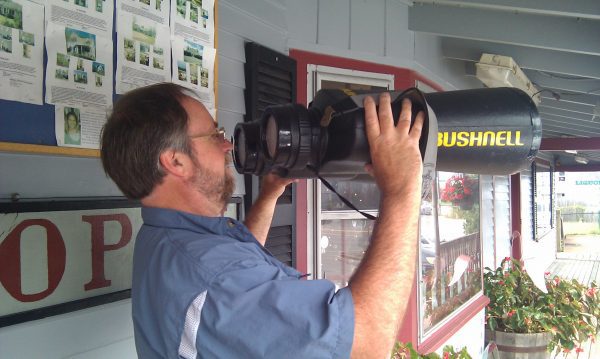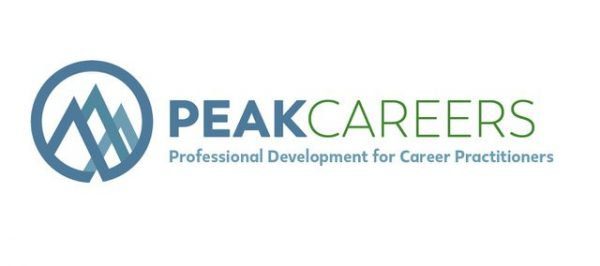
It’s not about job titles or college majors anymore, its about skills. It is all about creating your own career security through identifying skills that employers are looking for. And then telling everyone you know what skills you want to use.
How can we help our students identify their skills? Here are three possibilities. Our clients, whether young adults, college students, or more mature adults, all have skills, but they may not be able to articulate them.
- Go to ONET and have students select the skills they want to use whether they are great at them right now or not, the real question is “what skills do they want to use?” They can always find ways to strengthen skills through taking courses, on the job training, conferences, etc…
Then insert those skills into the ONET Skills Search under the “Advanced Search” area. See what occupations show up on the list, have them note ones that look interesting and see if there is a theme beyond the skills. Are they all in one or two industries? Do they all involve 2 or 3 of the student / clients skills? If so, that is a clue for you to pursue.
- Story time. Another method of discovering skills is to listen. Like Mark Savikas says, people will tell you the most important things in their lives if you just ask…. and we listen. Ask your student to tell you about their greatest accomplishment. What are they most proud of in their lives so far. Try to get them to come up with a project rather than a “making the varsity team” or “being a parent” although these can work as well.
Ex: In college I organized a huge event at the Student Center with entertainment on the theme of Saturday night live. I had to coordinate this with a variety of offices in Student Activities, clubs, and people. We set up skits with “killer bees” and had many student service personnel acting. There was music including “I’m a lumberjack and I’m OK” and much more. It was all consuming for me and was a huge success.
What skills did I use? Creativity was one skill that surfaced, but motivating many people and getting people to work together for a common goal was another. Marketing the night was a blast as well. All skills I use and have used throughout my life, in particular when I was excited about what I was doing.
- The third method I like to use is to have students explore a wide variety of job descriptions, print them off and highlight the skills employers are looking for. People will intuitively choose jobs they like without often being able to articulate which skills are required or what skills they want to use. After checking out a variety of job descriptions and highlighting skills required in the job, there will often be many common skills.
What are other ways you use to help people identify their skills?
———————————————–
Jim Peacock is the Principal at Peak-Careers Consulting and writes a weekly email for career practitioners. Peak-Careers offers discussion-based online seminars for career practitioners focused on meeting continuing education needs for CCSP, GCDF and BCC certified professionals as well as workshops for career practitioners and individual career coaching.
He is the author of A Field Guide for Career Practitioners: Helping Your Clients Create Their Next Move and the recipient of the 2020 Kenneth C. Hoyt Award from National Career Development Association.
Sign up here to receive my TOP 10 TIPS WHEN WORKING WITH AN UNDECIDED PERSON. You can also receive the career practitioners newsletter which includes a variety of career topics, industry news, interesting events, and more.



Great article on helping clients identify their skills. Very practical.
The challenge I face with many people is they don’t want to take the time to come up with accomplishments statements and stories when I assign it as “homework.” They can’t always think of them in the appointment, and even though I tell them to post it on a bulletin board or the refrigerator and jot ideas down as opposed to trying to do it in one hour, they still don’t follow through. Any suggestions for overcoming that resistance?
Doing the hard work is a requirement to move forward. As noted in the blog, too many people are looking for the easy way out.
Often I will just say that to people…”This is hard work to come up with your accomplishment statements / value added statements, and stories. Lots of people will not do it and the results are (then read them the blog 🙂 The good news is that if you do work on this, you will be one of the ones who stands out”
Be honest, be frank, and focus on the people who are willing to do the work. You can’t do it for them.